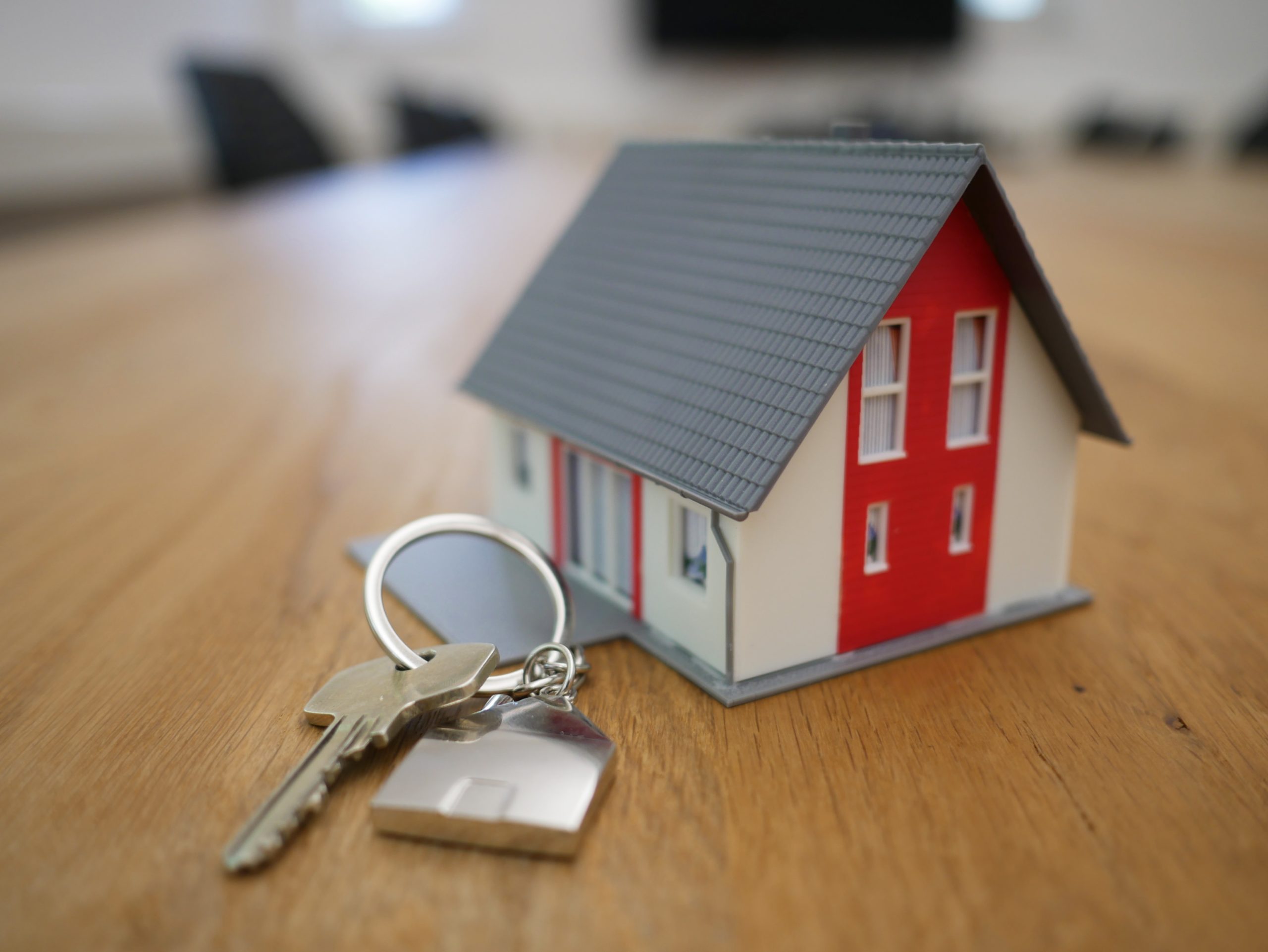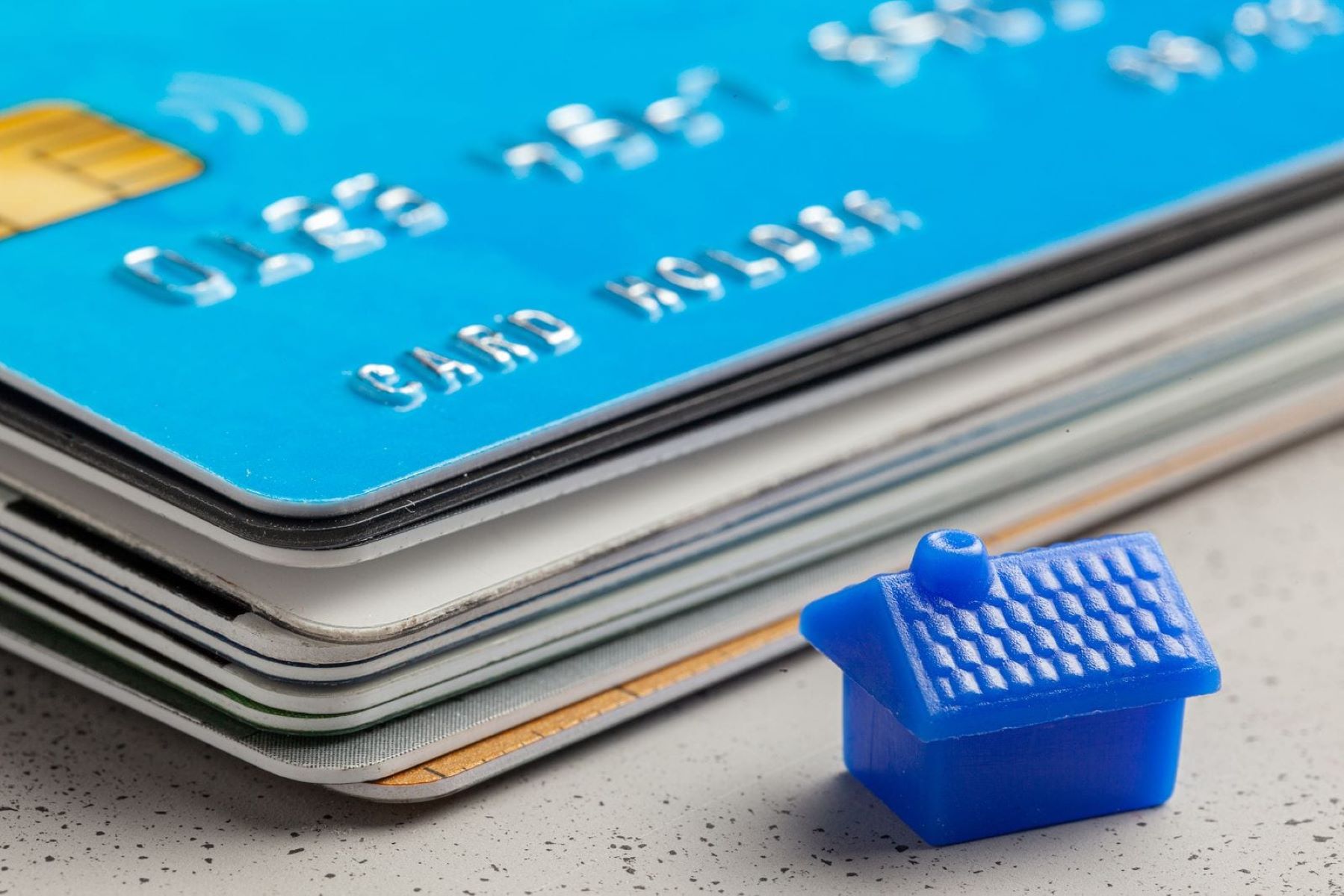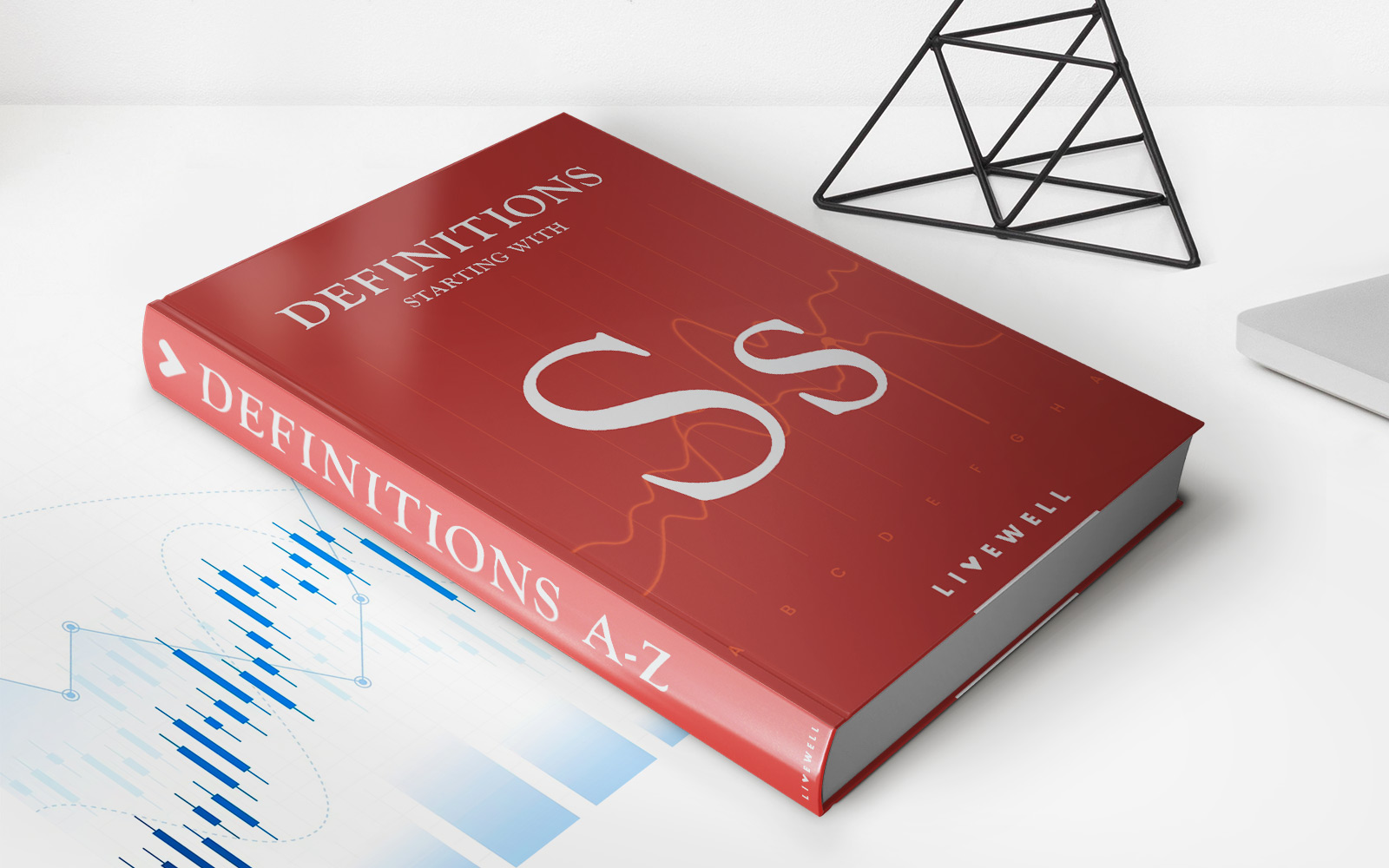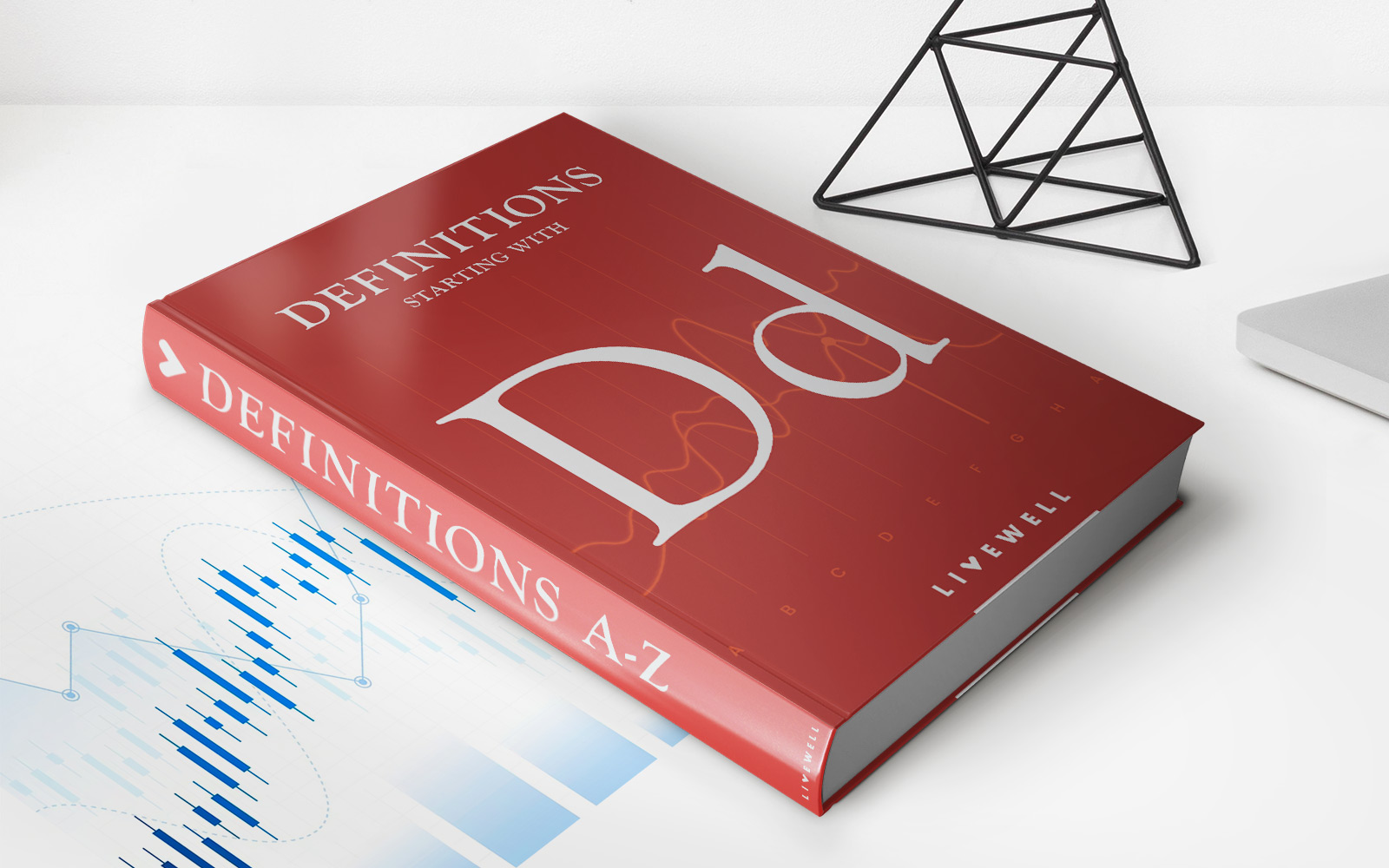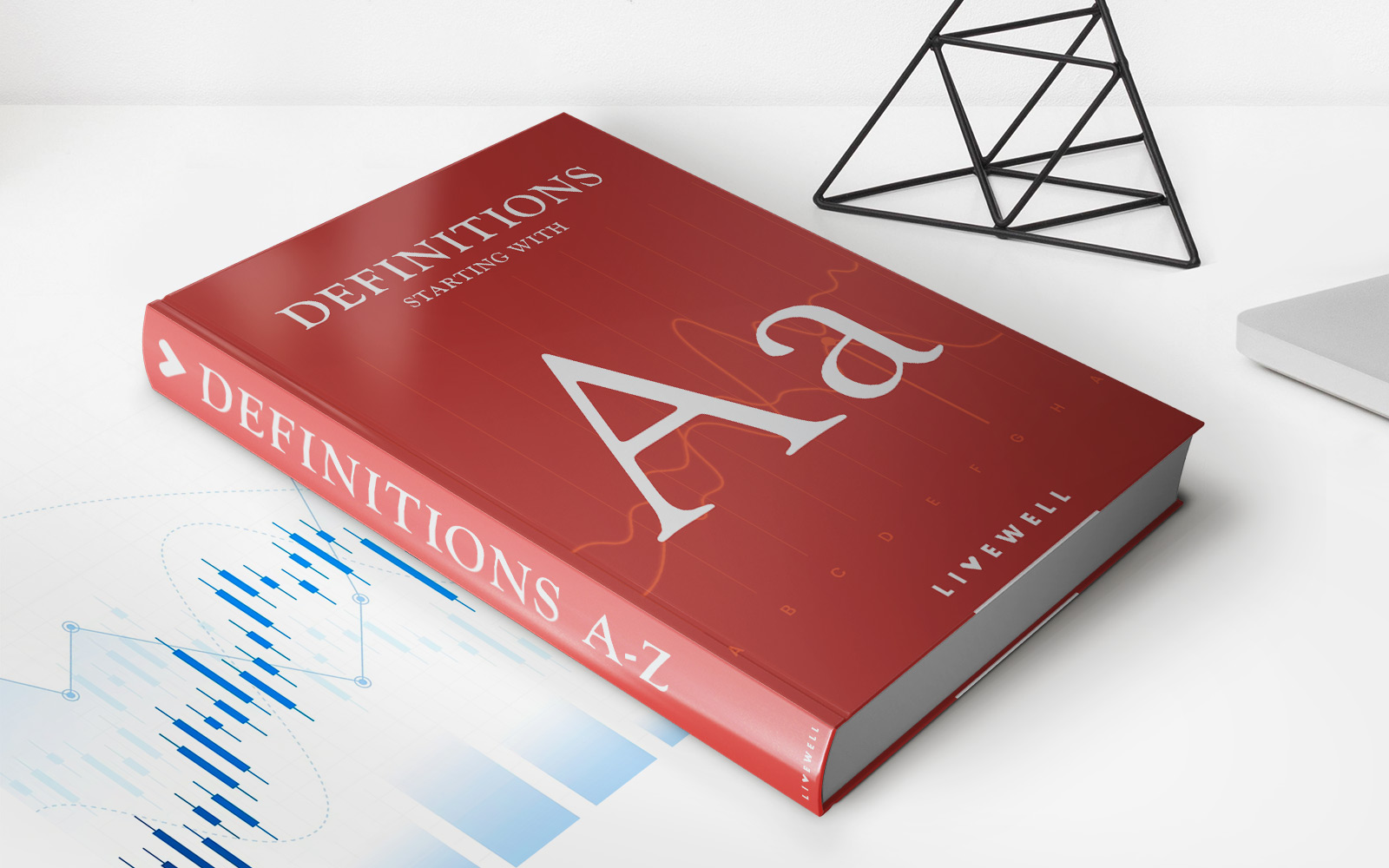Home>Finance>Can You Have Credit Card Debt When Buying A House
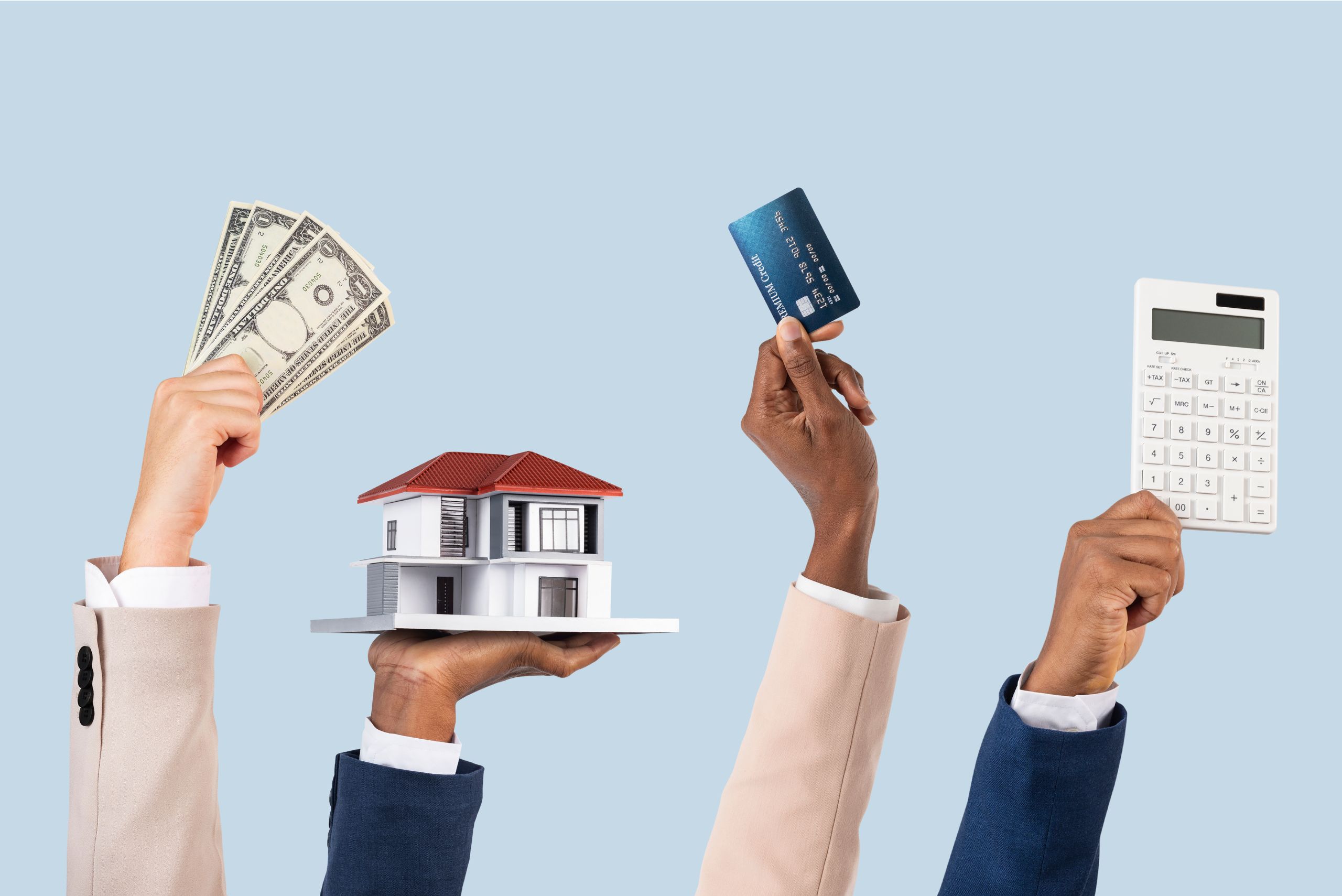

Finance
Can You Have Credit Card Debt When Buying A House
Modified: December 29, 2023
Learn how having credit card debt can impact your ability to buy a house and how to manage your finances to improve your chances of securing a mortgage.
(Many of the links in this article redirect to a specific reviewed product. Your purchase of these products through affiliate links helps to generate commission for LiveWell, at no extra cost. Learn more)
Table of Contents
Introduction
When it comes to purchasing a house, one of the key factors that plays a significant role in the process is your financial situation. For many potential homebuyers, credit card debt is a common concern that can affect their ability to secure a mortgage and realize their dream of homeownership.
Understanding how credit card debt impacts the process of buying a house is crucial for making informed decisions and taking proactive steps to manage your finances effectively. This article explores the relationship between credit card debt and homeownership, highlighting the factors to consider when carrying debt and purchasing a home, as well as strategies to manage credit card debt.
It is essential to note that having credit card debt does not necessarily mean you cannot buy a house. However, the amount of debt and your ability to manage it can significantly influence your loan eligibility and the terms of your mortgage.
Before diving into the details, it is important to define what credit card debt entails. Credit card debt refers to the unpaid balance on your credit cards, including any interest, fees, and charges incurred. It is the result of using credit cards for purchases or services when you do not pay the full amount owed by the due date.
Now let’s explore how credit card debt can impact your ability to buy a house and what factors you should consider when carrying debt while navigating the home buying process.
Understanding Credit Card Debt
Before delving into the impact of credit card debt on buying a house, it is crucial to have a comprehensive understanding of what credit card debt entails.
Credit card debt is the accumulated balance of money owed on your credit cards. It consists of the principal amount you borrowed for purchases, along with any interest, fees, and penalties that have been added over time.
When you make purchases using a credit card, you essentially borrow money from the credit card issuer. If you don’t pay off the full balance by the due date, the remaining amount incurs interest charges, making your debt grow. This is where credit card debt comes into play.
Credit card debt is classified as revolving debt, meaning you have a certain credit limit that you can utilize repeatedly as long as you make the minimum monthly payment. Unlike installment loans, such as a mortgage or car loan, you have the flexibility to pay as much or as little as you want each month, depending on your financial situation.
However, this flexibility can lead to a cycle of debt if not managed effectively. The interest rates on credit cards tend to be higher than those on traditional loans, making it challenging to pay off balances. Additionally, late payments and high credit utilization ratios can negatively impact your credit score, further hindering your financial goals.
Understanding the terms associated with credit card debt is essential for managing your finances effectively. Here are some key terms to consider:
- Principal Balance: The original amount you charged on your credit card.
- Interest Rate: The annual percentage rate (APR) applied to your unpaid balance, determining how much interest you will accrue over time. Credit card APRs can vary based on your creditworthiness and the type of card.
- Minimum Payment: The minimum amount you must pay each month to avoid late fees and penalties. However, making only the minimum payment can result in paying more interest over time.
- Credit Utilization Ratio: The percentage of your available credit that you are currently using. This is a crucial factor in determining your credit score, with lower credit utilization ratios generally viewed more favorably.
- Grace Period: The time between the end of your billing cycle and the due date for your payment, during which you can pay your balance in full without incurring any interest charges.
By understanding these terms and concepts, you can make informed decisions about your credit card usage and take necessary steps to manage your debt effectively.
Impact of Credit Card Debt on Buying a House
When it comes to purchasing a house, your credit profile plays a significant role in the mortgage application process. Mortgage lenders carefully assess your financial situation, including your credit score, debt-to-income ratio, and overall creditworthiness. Therefore, credit card debt can have a notable impact on your ability to buy a house.
Here are some key ways in which credit card debt can affect the home buying process:
- Loan Eligibility: Having a significant amount of credit card debt can affect your loan eligibility. Mortgage lenders consider your debt-to-income ratio, which is the percentage of your monthly income that goes toward paying debts. If your credit card debt is substantial, it can increase your debt-to-income ratio, potentially making it challenging to qualify for a mortgage.
- Loan Terms: Even if you are eligible for a mortgage with credit card debt, it can still impact the terms of the loan. Lenders may offer less favorable interest rates or require a larger down payment to compensate for the increased risk associated with higher debt levels.
- Loan Amount: High credit card debt can also reduce the amount of money you can borrow for a mortgage. Lenders take into account your overall debt obligations when determining the loan amount they are willing to approve.
- Credit Score: Credit card debt can negatively impact your credit score. High levels of debt can increase your credit utilization ratio, which is the percentage of your available credit that you are currently using. This ratio accounts for approximately 30% of your credit score. Therefore, carrying high credit card balances can result in lowered credit scores, making it more challenging to secure favorable loan terms.
- Debt-to-Income Ratio: In addition to affecting loan eligibility, credit card debt can also impact your debt-to-income ratio. Lenders typically have guidelines on the maximum allowable debt-to-income ratio for mortgage applicants. If your credit card debt pushes your ratio above the acceptable threshold, it can hinder your chances of getting approved for a mortgage.
It is important to keep in mind that each lender has different criteria and guidelines when assessing credit card debt and its impact on the home buying process. However, carrying a significant credit card debt load can generally present challenges and limit your options in securing a mortgage with favorable terms.
Understanding the potential impact of credit card debt on buying a house can help you prioritize your financial goals and make informed decisions about managing your debt effectively.
Factors to Consider When Carrying Credit Card Debt and Purchasing a Home
While it is ideal to have minimal or no credit card debt when buying a house, many individuals find themselves in a situation where they are carrying some level of debt. If you are planning to purchase a home while still managing credit card debt, there are several factors to consider:
- Debt-to-Income Ratio: As mentioned earlier, your debt-to-income ratio is a crucial factor that lenders consider when determining your loan eligibility. It compares your monthly debt payments to your gross monthly income. If you have substantial credit card debt, it increases your debt-to-income ratio, potentially making it more challenging to qualify for a mortgage loan. Consider reducing your debt load or increasing your income to improve your debt-to-income ratio.
- Credit Score: Maintaining a good credit score is essential when applying for a mortgage. If you carry high credit card debt, it can negatively impact your credit utilization ratio, which is the percentage of your available credit that you’re using. This, in turn, can lower your credit score. Make prompt payments and keep your credit card balances as low as possible to mitigate any negative effects on your credit score.
- Monthly Debt Payments: Consider the impact of your credit card debt on your monthly budget and whether you can comfortably handle both your existing debt payments and the added responsibility of a mortgage. It is important to have a clear understanding of how your debt obligations will affect your ability to make regular mortgage payments.
- Down Payment: Carrying credit card debt can affect your ability to save for a down payment on a house. The higher your credit card balances, the more challenging it may be to save a substantial amount for a down payment. Consider creating a realistic budget and implementing a strategy to pay down your credit card debt to free up funds for your down payment.
- Interest Rates: Depending on the level of credit card debt you carry, it may affect the interest rates offered to you by lenders. Higher levels of debt can be viewed as a risk factor, potentially resulting in higher interest rates on your mortgage loan. This can significantly impact your monthly mortgage payments in the long run.
- Financial Stability: Consider your overall financial stability when carrying credit card debt and purchasing a home. Evaluate factors such as job security, emergency savings, and other financial obligations. Assessing your financial situation and stability can help you determine if it is the right time to take on the additional responsibility of a mortgage.
It is important to be proactive in managing your credit card debt and being mindful of how it may impact your ability to purchase a home. By considering these factors, you can make informed decisions about your financial situation and take the necessary steps to improve your credit profile before applying for a mortgage.
Strategies to Manage Credit Card Debt While Buying a House
If you are planning to purchase a house while carrying credit card debt, it is crucial to manage your debt effectively to improve your financial standing and increase your chances of securing a favorable mortgage. Here are some strategies to help you manage your credit card debt while buying a house:
- Create a Budget: Start by creating a detailed budget that accounts for all your income and expenses. This will help you identify areas where you can cut back on unnecessary spending and allocate more funds towards paying off your credit card debt.
- Pay More Than the Minimum: Whenever possible, make more than the minimum payment on your credit cards. By paying more, you can reduce your principal balance faster and minimize the amount of interest you accumulate over time.
- Focus on High-Interest Debt: If you have multiple credit cards, prioritize paying off the ones with the highest interest rates first. This strategy, known as the debt avalanche method, can help you save money on interest payments in the long run.
- Consider Debt Consolidation: Consolidating your credit card debt into a single loan or transferring your balances to a credit card with a lower interest rate can help streamline your payments and potentially reduce your overall interest costs. However, weigh the pros and cons of debt consolidation options and consult a financial advisor if necessary.
- Reduce Credit Card Usage: While paying off your credit card debt, try to limit new purchases on your cards. Focus on using cash or debit cards for day-to-day expenses to avoid adding to your existing debt. This will prevent your balances from growing further and make it easier to pay off your debt sooner.
- Negotiate Lower Interest Rates: Reach out to your credit card issuers and inquire about the possibility of lowering your interest rates. Some issuers may be willing to negotiate if you have a good payment history. A lower interest rate can make it easier to pay off your debt more quickly.
- Track Your Progress: Keep a close eye on your progress as you pay off your credit card debt. It can be motivating to see the balances decrease and the progress you make towards becoming debt-free. Use online tools or mobile apps to track your payments and monitor your progress.
- Seek Professional Help if Needed: If you find it challenging to manage your credit card debt on your own, consider seeking professional help from a credit counseling agency or a financial advisor. They can provide guidance on debt management strategies, negotiate with creditors on your behalf, and help you create a personalized plan to tackle your debt.
Remember, managing your credit card debt is an ongoing process, and it requires discipline and commitment. By implementing these strategies and staying focused on your financial goals, you can effectively manage your credit card debt while working towards purchasing your dream home.
Conclusion
Credit card debt can have a significant impact on your ability to buy a house. However, it is important to recognize that having credit card debt does not necessarily mean you cannot realize your dream of homeownership. By understanding the relationship between credit card debt and purchasing a home, considering the factors involved, and implementing effective strategies to manage your debt, you can improve your financial standing and increase your chances of securing a favorable mortgage.
When carrying credit card debt and planning to buy a house, it is crucial to consider factors such as your debt-to-income ratio, credit score, monthly debt payments, down payment ability, interest rates, and overall financial stability. These factors will determine your loan eligibility, the loan terms offered to you, and the loan amount you can borrow.
To manage credit card debt effectively while buying a house, it is important to create a budget, pay more than the minimum payment, focus on high-interest debt, and reduce credit card usage. Exploring debt consolidation options, negotiating lower interest rates, and seeking professional help if needed can also be beneficial strategies.
Remember, managing credit card debt while buying a house is a journey that requires dedication, discipline, and financial planning. By taking proactive steps to reduce your debt, improve your credit profile, and strengthen your overall financial position, you can increase your chances of achieving your homeownership goals.
Ultimately, it is essential to strike a balance between managing your credit card debt and fulfilling your homeownership aspirations. By making informed decisions, taking control of your finances, and implementing effective debt management strategies, you can navigate the home buying process with confidence and secure a brighter financial future.


